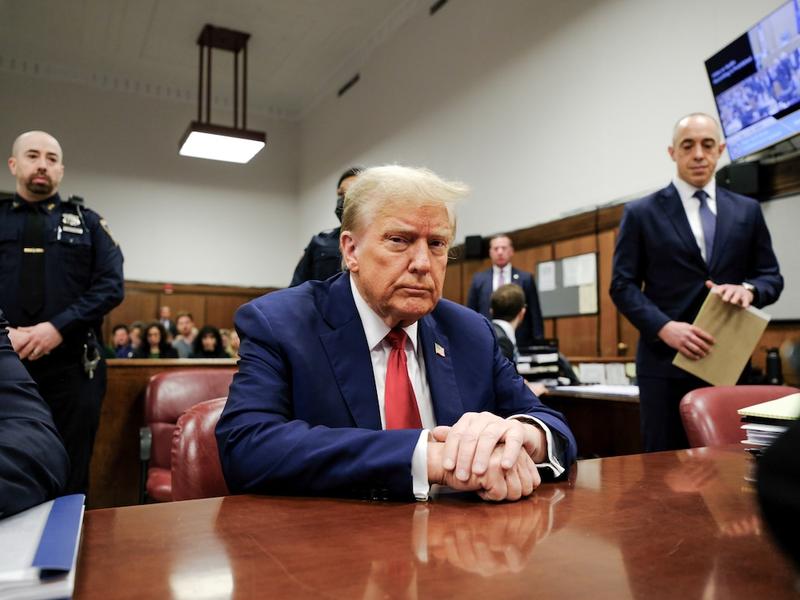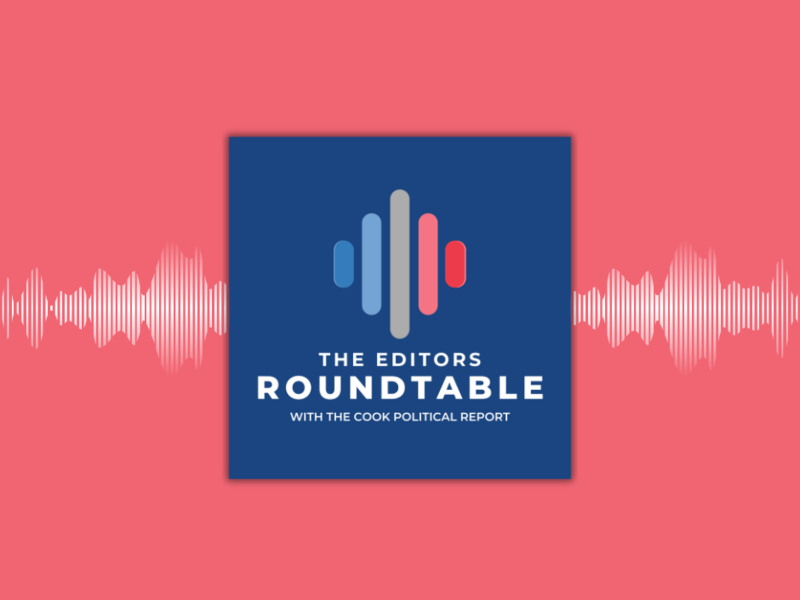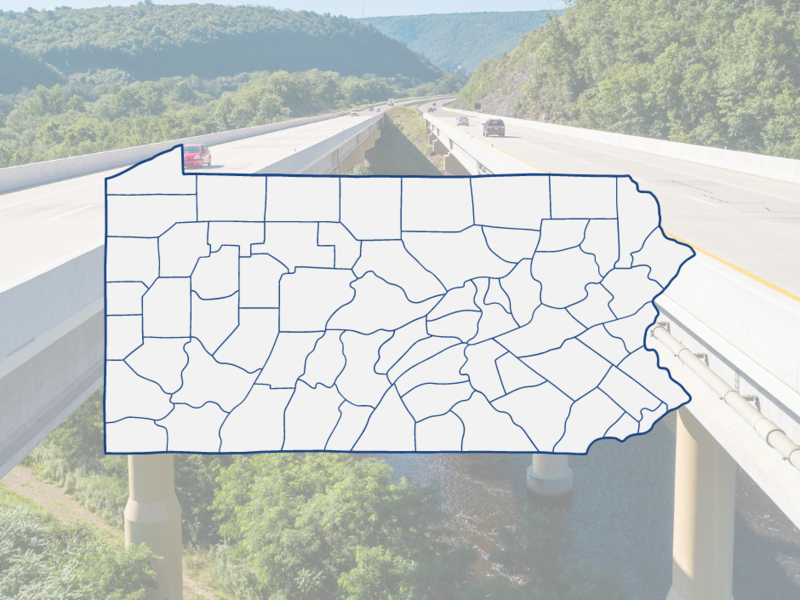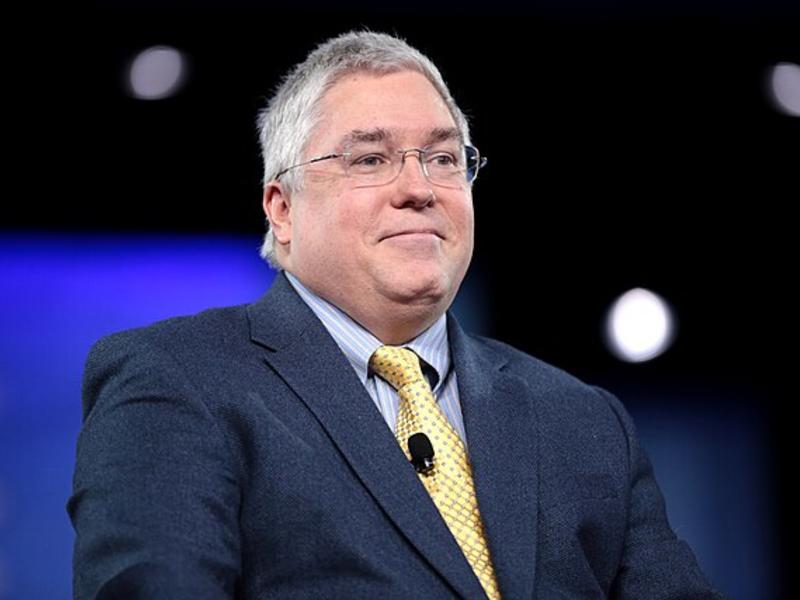
There is little doubt that this country is both narrowly and badly divided. To the extent that there is any debate about the severity, it is whether today is worse than 1968, when both the civil rights struggle and an increasingly unpopular war in Vietnam divided the country.
A lack of trust has permeated our politics and society and created an enormous combustibility, especially because there is little more fundamental to the American democracy than the sanctity of the ballot box. When a CNN national poll asked respondents to choose whether “the rules around voting make it too difficult for eligible citizens to vote” or “are not strict enough to prevent illegal votes from being cast,” 45 percent of respondents chose the former, and 46 percent selected the latter. In that survey, Republicans selected the “not-strict-enough” position by an 80-point margin, 87 to 7 percent. Democrats chose the opposite view by 69 points, 76 to 17 percent. Independents were evenly divided, with 44 percent on each side.
When CNN pollsters asked whether “Joe Biden legitimately won enough votes to win the presidency,“ 65 percent said he had, while 30 percent said he had not. Not surprisingly, 97 percent of Democrats said that Biden legitimately won (3 percent said he did not), while 70 percent of Republicans said he did not win legitimately (23 percent said he did). Independents broke 69 to 27 percent in saying that the win was real.
Of the 30 percent of the total sample that thought Biden did not legitimately win, two-thirds said that there was solid evidence Biden did not win and one-third said it was a matter of suspicion only. Of the 70 percent of Republicans who felt that Biden did not win, it broke cleanly, with nearly three-quarters saying there was solid evidence and just over a quarter saying it was just suspicion.
Trust in authority and long-respected institutions has long been a focus for pollsters. Gallup has periodically measured trust in 18 institutions, from banking, big business, churches, and Congress to police, public schools, the Supreme Court, and television news. Some data goes back to the 1970’s. The most recent Gallup analysis, released last year, shows how public confidence in different institutions fluctuates as issues and crises come and go. A look through Gallup’s historical records shows public attitudes toward the military were once very low and are now higher; the police are down, though not as far as some might think.
The Pew Research Center released a report looking at responses to three questions in a March national survey, designed to measure how much people trusted each other, how likely they believed someone would take advantage of them if given the chance, and whether people tend to help each other or just look out for themselves. Combining the responses, the Pew report suggested that 29 percent of American adults were “high trusters” who “believe people can be trusted, would try to be fair and try to help others.” Another 32 percent were categorized as “medium trusters,” who selected at least one answer that demonstrated a tendency to trust and one answer demonstrating the opposite. Finally, 35 percent were “low trusters” who “believe people can’t be trusted, that others would try to take advantage and would just look out for themselves.”
This all came to mind when I started thinking that there is one group of people who don’t seem to want to believe anyone or any institution, who feel a strong sense of betrayal and estrangement from the system. An example of this could be the “anti-vaxxers” who choose not to trust medical experts, scientists, and pharmaceutical companies, and had been reluctant to take vaccines even before the COVID-19 vaccine came along.
Then there is a group that will believe almost anything, even what may seem to most others as outlandish or is simply factually untrue, if they hear or read it from a person or source of like-minded ideology or political views.
Of course, there is an overlap between the two—those who will not believe something coming from more-establishment sources, even ones that most others consider objective and authoritative, but will believe some far-fetched theory or interpretation because it fits into a larger view of the world, politics, and society.
Some experts believe that the segment who lack “social trust” or are “socially alienated” are the cause for polls underestimating Donald Trump’s support in the 2016 and 2020 elections. The theory goes that the “shy Trump voters,” similar to the “shy Tory vote” in the United Kingdom, were not simply those who did not want to disclose that they were planning to vote for Trump or for conservative British politicians, but rather that there was a slice of people who lacked “social trust” and simply would not respond to polls. The research shows that this group of people disproportionately supported Trump over Biden, so it wasn’t that they didn’t respond because they supported Trump, but rather that many of the people who supported Trump belonged to this group that most inherently would be difficult to get into a sample no matter how the survey was conducted. Some believe that this is less a problem of Republican voters as much as a unique kind of voter particularly inclined to support Trump.
Almost 42 years ago, President Jimmy Carter spoke of a “crisis of confidence” in this country, in what was dubbed the “malaise” speech (though he never uttered the word), which some believe helped torpedo his reelection hopes. For Carter, his loss was a result of dozens of other factors, but even so, with the political environment today, President Biden should probably leave the topic to someone else.
This article was originally published for the National Journal on May 4, 2021.











Subscribe Today
Our subscribers have first access to individual race pages for each House, Senate and Governors race, which will include race ratings (each race is rated on a seven-point scale) and a narrative analysis pertaining to that race.